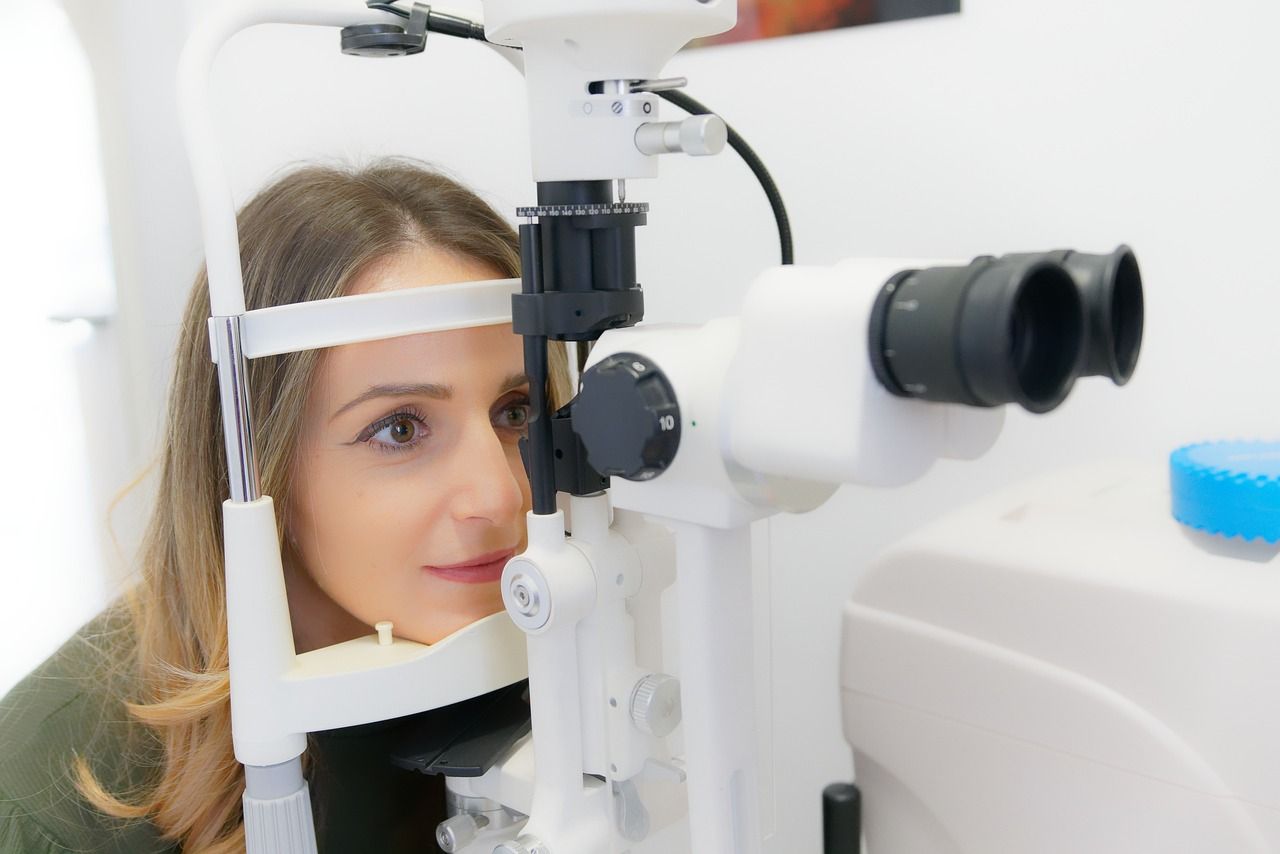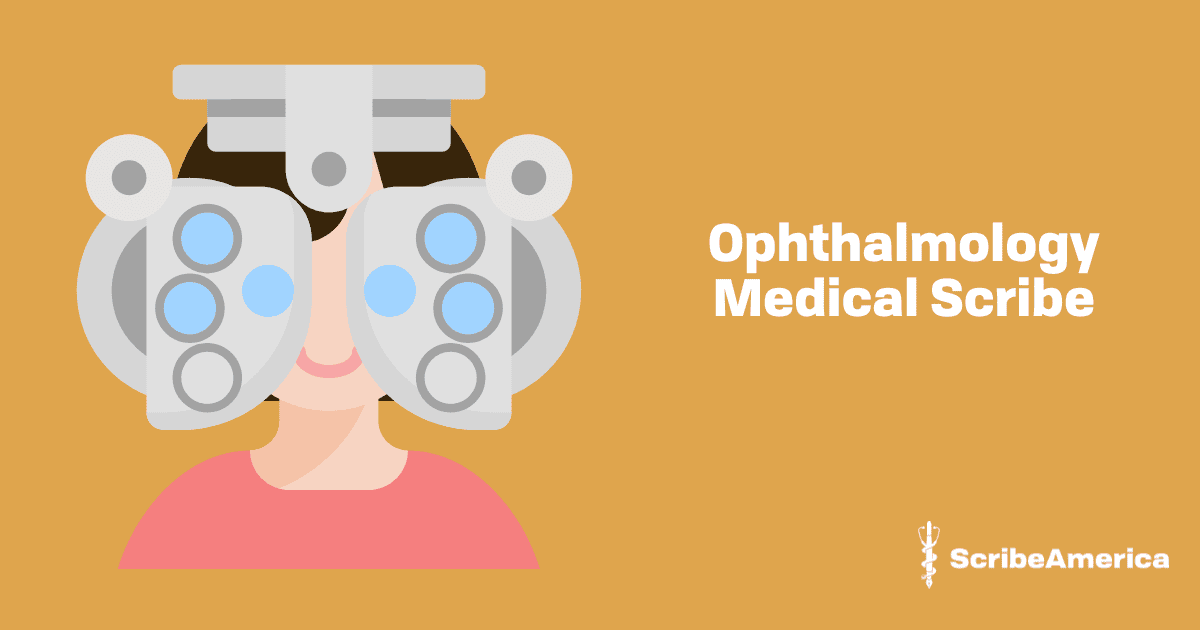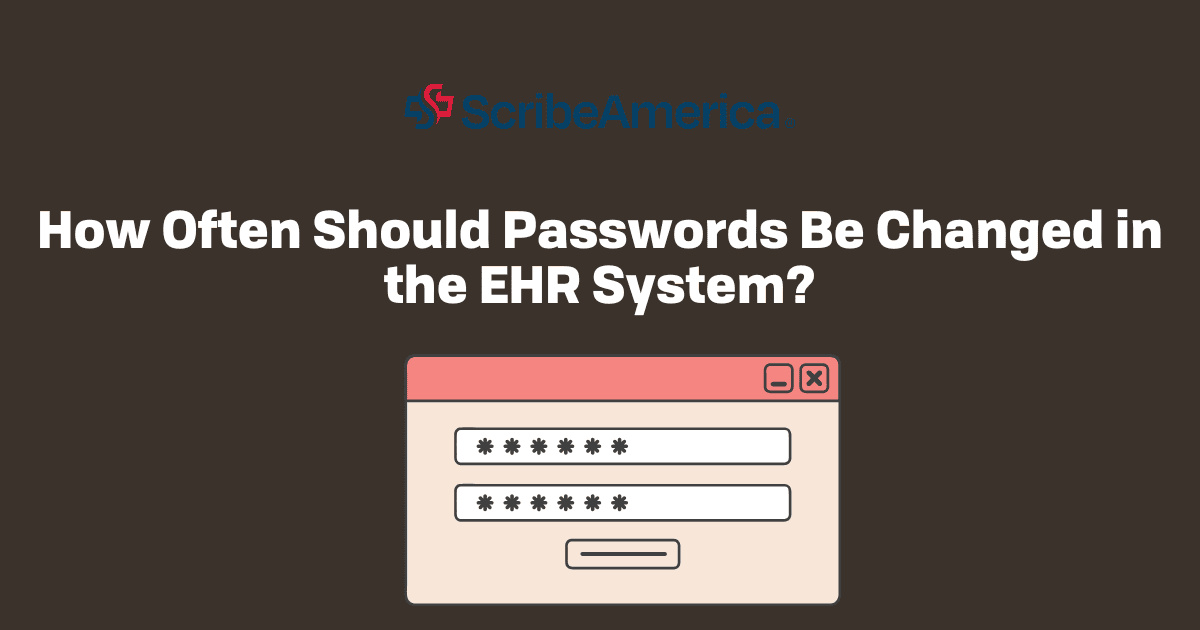Every great ophthalmologist deserves a great ophthalmology scribe by their side. Such documentation specialists keep the gears turning, ensuring that patient records are accurate, doctors can stay focused on their patients, and the practice keeps running smoothly.
What does an ophthalmology medical scribe do?
An ophthalmology medical scribe is responsible for documenting patient encounters in real time. Instead of doctors having to juggle exams and note-taking, scribes take care of medical documentation, enter data into electronic health records (EHR), and handle administrative tasks. This way, ophthalmologists can stay focused on their patients without too many distractions.
Unlike general medical scribes, those in ophthalmology must navigate highly specialized terminology, from conditions like “diabetic retinopathy” and “macular degeneration” to diagnostic procedures such as “optical coherence tomography (OCT)” and “fluorescein angiography.” A solid grasp of these terms is crucial for accurately charting patient histories, treatment plans, and follow-up care.
Key skills of a successful ophthalmology scribe
A good ophthalmology scribe isn’t just a fast typist – they need a sharp eye for detail (pun intended) and a solid grasp of medical language. Here are some must-have skills required for this position:
- Medical terminology – ophthalmology is filled with complex jargon. Understanding terms like "gonioscopy" or "phacoemulsification" helps a scribe keep up with fast-moving patient interactions.
- Quick and accurate documentation – scribes must swiftly record diagnoses, treatment plans, and surgical recommendations while maintaining absolute accuracy.
- Strong communication skills – working closely with ophthalmologists means scribes need excellent listening and comprehension abilities.
- Proficiency with EHRs – since most documentation happens digitally, a scribe must be comfortable navigating various EHR systems.
- Multitasking under pressure – with busy clinics and back-to-back appointments, scribes have to be great at listening and taking notes at the same time.
Want to learn more about medical scribe job requirements? Check our article.

Why should you become an ophthalmology medical scribe?
For those interested in the medical field, working as an ophthalmology medical scribe can be a stepping stone to a rewarding career. Pre-med students often take on this role to gain hands-on experience before pursuing medical school, but it’s also a valuable long-term position for those who enjoy the administrative side of healthcare.
One of the biggest perks is the first-hand exposure to ophthalmic procedures and diagnoses. Instead of just learning from textbooks, scribes get to see medicine in action, working alongside specialists in real-world situations. This experience can be especially valuable for aspiring ophthalmologists, optometrists, or anyone pursuing a career in healthcare.
Plus, the role comes with stability and room to grow. As healthcare relies more on electronic records and efficiency becomes even more important, the demand for skilled medical scribes keeps growing.
The takeaway
An ophthalmology scribe plays an essential role in ensuring seamless patient care. By handling documentation, managing medical records, and assisting ophthalmologists, they allow doctors to focus on what matters most – treating patients. Whether as a stepping stone to a medical career or a long-term profession, becoming an ophthalmology medical scribe offers a unique opportunity to be at the heart of a thriving specialty.




